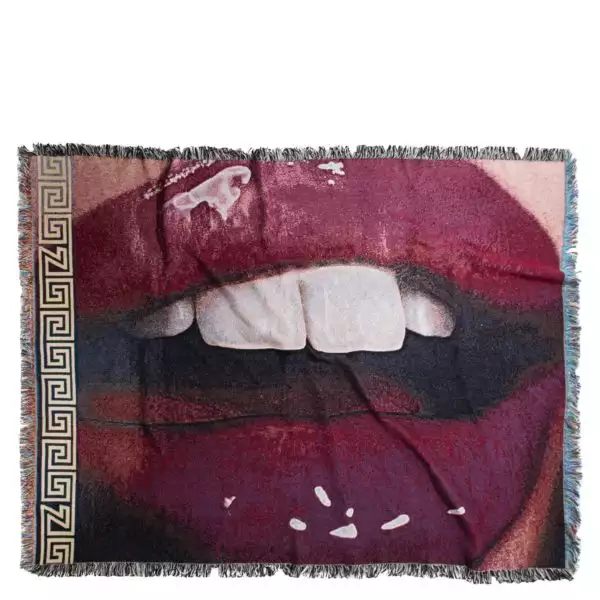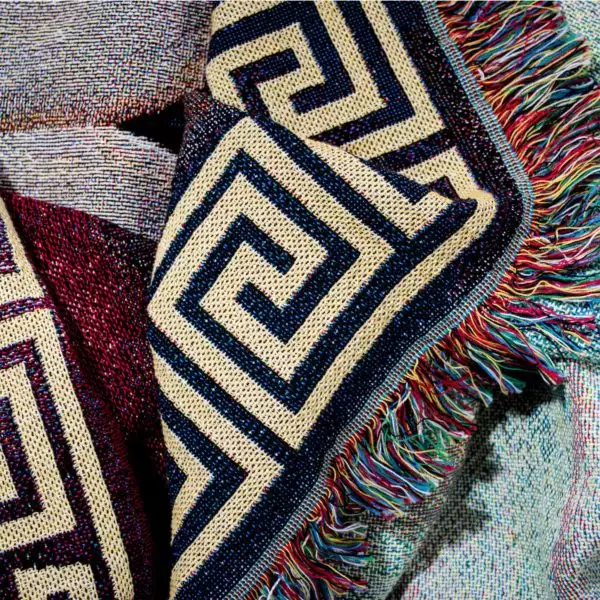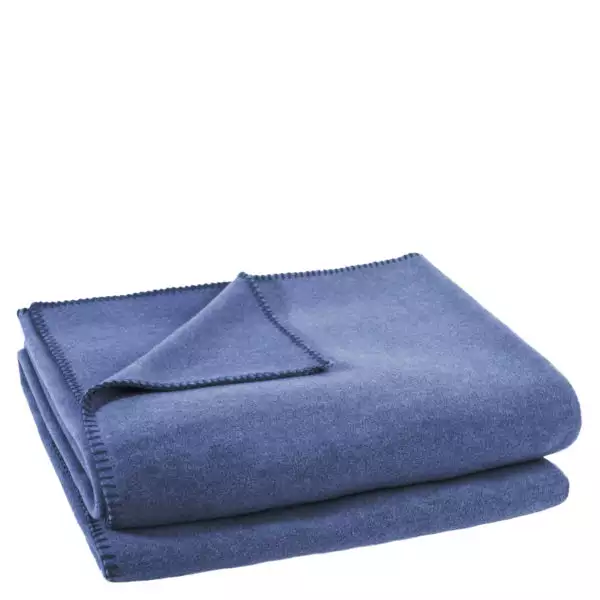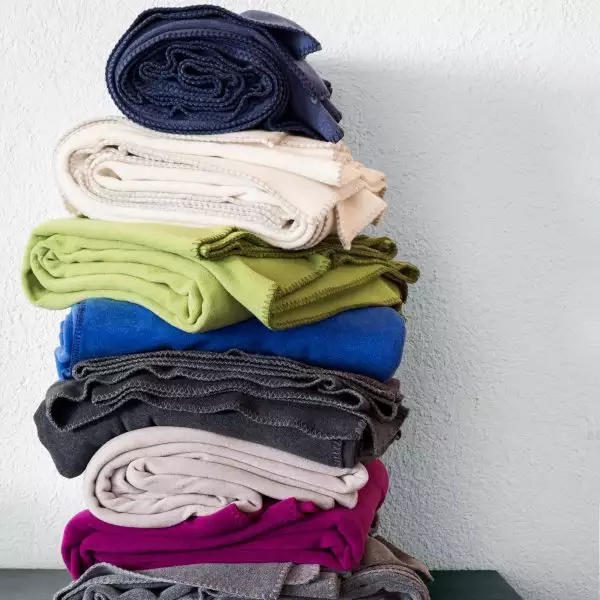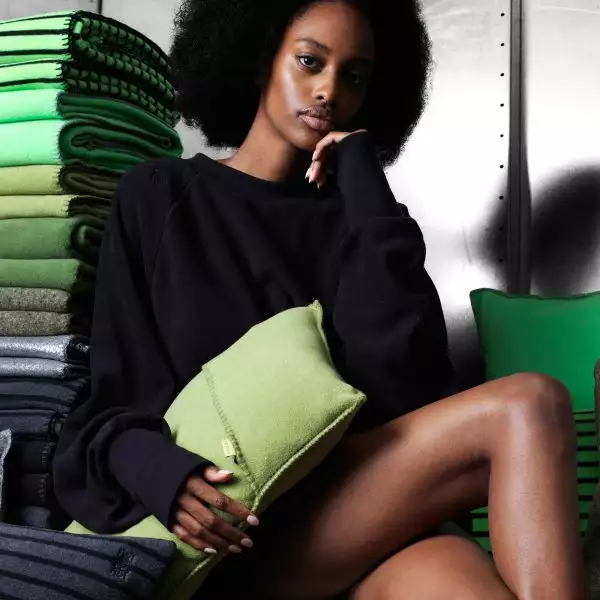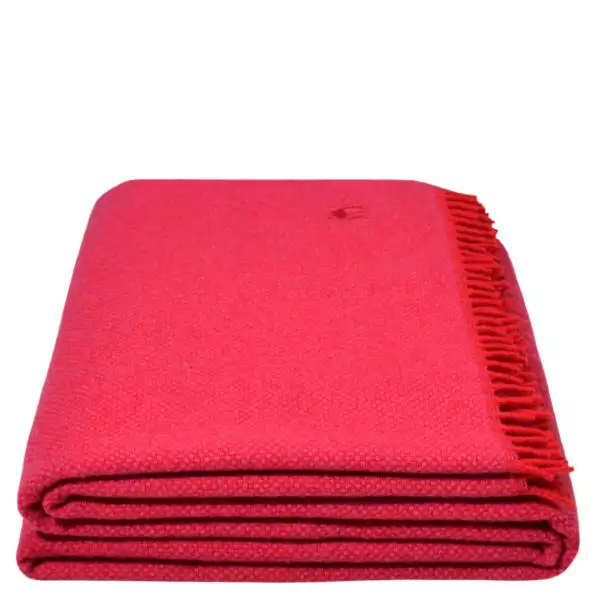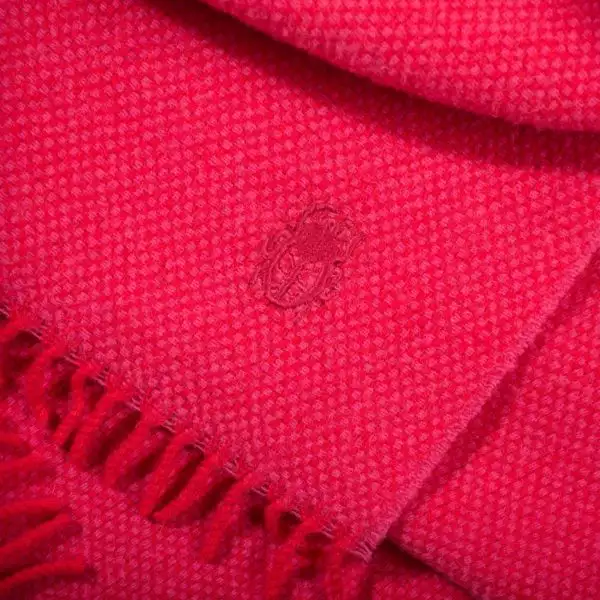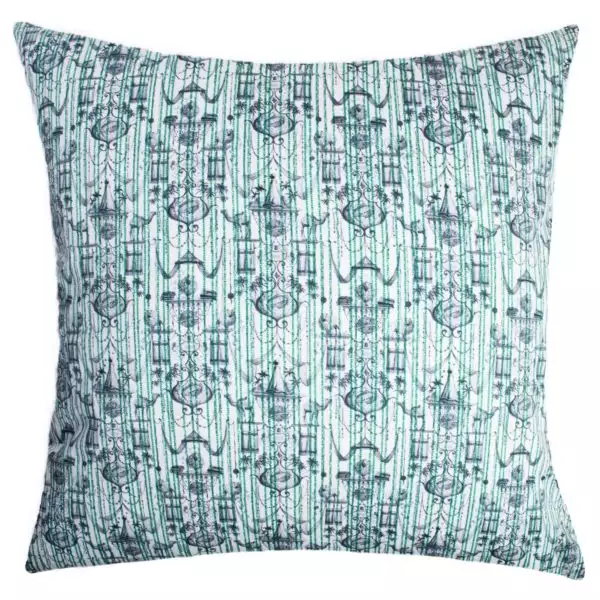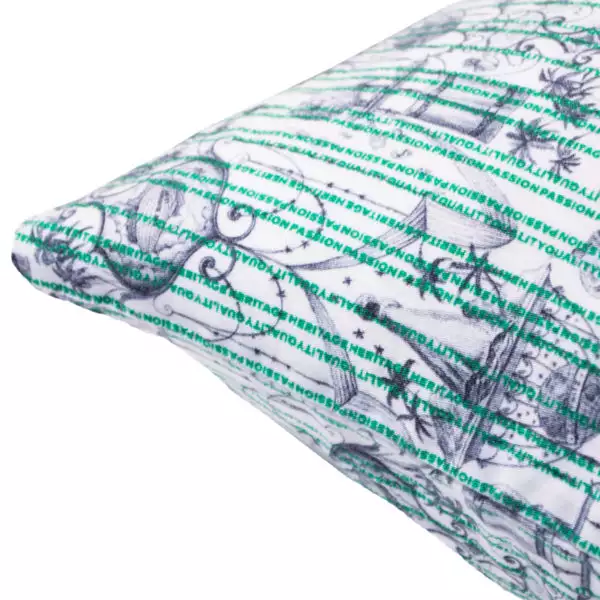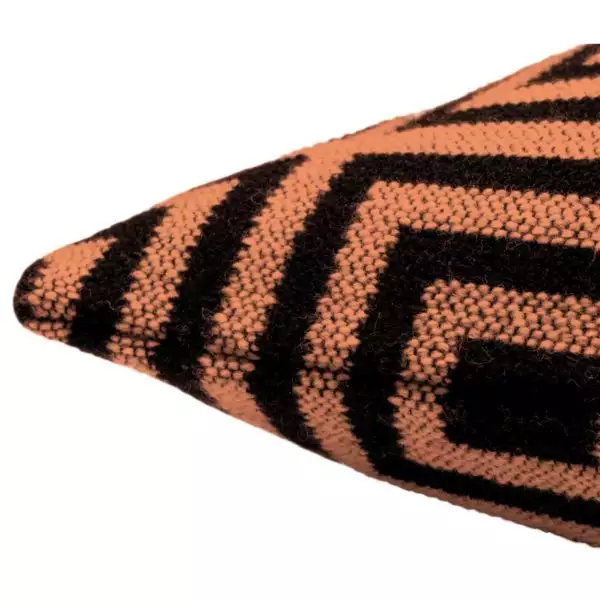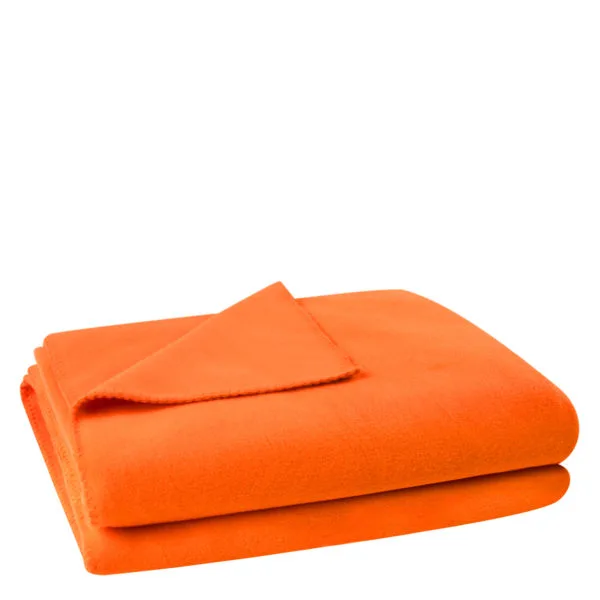what would you say…?
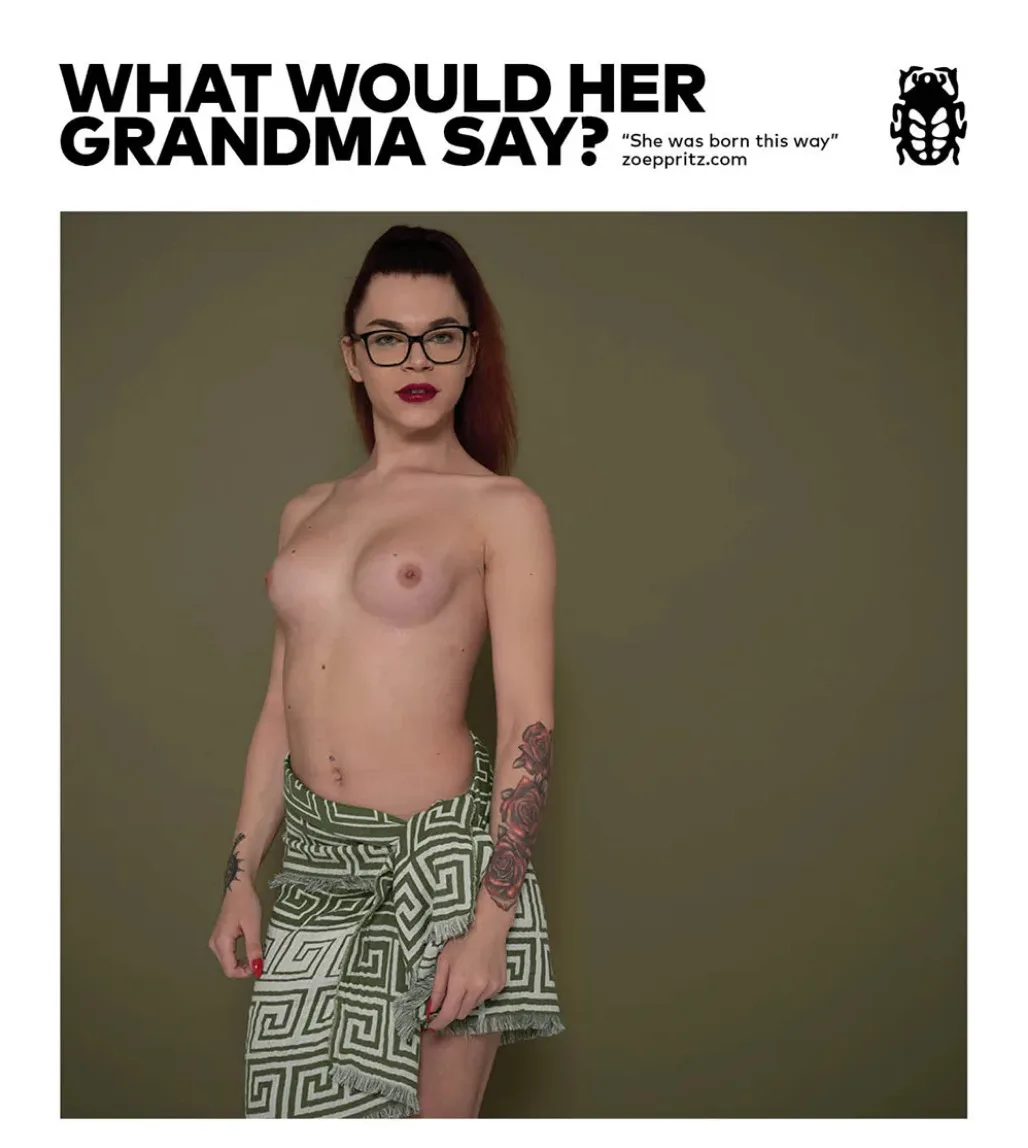
WHAT WOULD YOU SAY…?
A conversation with Julius K about “International Day Against Homophobia, Biphobia and Transphobia”
Our campaign “what would…?” is a call for more tolerance, love, respect and freedom. We want to make visible what is invisible and we want to encourage new perspectives. That is why one of the protagonists of our campaign is transgender. What goes without saying for us, we want to be a given for everyone else, and in order to shine a light on this topic on the International Day Against Homophobia, Biphobia and Transphobia, we spoke to Julius K. Julius used to be Julia. In a candid interview, he shared his personal story with us, his world view and his hopes for acceptance of people that cross borders of the gender binary.
First of all, thank you for your time Julius.
Let’s be real, what do you think of our campaign, and that one of our models is a trans person?
I really like it. I like both the campaign and the fact that your model is a trans person. It is very important to raise awareness about this topic – and do so in an open way. There is nothing worse than bullying and prejudice rooted in ignorance. What helps, in my opinion, is openness, transparency and constant communication on as many platforms as possible so that one may lose any inhibitions, prejudice and fear of contact and so come to realise that these are actually “normal” people.
There is still a lot of confusion between the terms transgender, transvestite and transsexual.
Can you explain in your own words what the difference is?
Good point. People often confuse the terms transgender with tranvestite. The big difference is that most transgender people don’t want to be noticed. A transvestite is someone who consciously plays with gender roles. While a transvestite moves easily between gender roles through play with clothes and make-up, a transgender person grapples with the very body they have been born in, and the very serious misidentification that’s subsequent to that. It’s not down to a matter of hours of dress-up, but rather an existential crisis. There is a difference between wanting to appear and perform as the opposite sex, and identifying differently ones biologial sex.
Transsexual is also a term for transgender, but unfortunately only partially addresses the problem and is therefore wrong at first, since the word “sexual” refers to sexual orientation, like “Homosexual” and that has nothing to do with gender identity. So, I can be a trans man (born with female gender characteristics, but with a male gender identity) and still be with a man. These are two different pairs of shoes.
“We are representative of a society that sometimes lacks the courage of self-awareness”
You made the decision a few years ago, that you wanted to live as a man.
How did your environment react to this step?
I made the decision to live my life as a man about eight years ago but I knew it much earlier, I think I was around five years old when I started to become self aware. From then on I wanted to live like a boy, I wanted my hair short and refused to wear dresses. So the step I took about eight years ago to transition fully was not a big surprise for those around me, rather a logical next step. Everyone was happy for me and supported me on my journey- and I’m really thankful for that, especially because I know how hard it can be for a lot of people and the many obstacles they face. That is why it’s so important to have an open dialogue, because it would help many people.
How important is it for you to tell your story today?
It’s very important for me to tell other people about my story, that’s why I am grateful to get this platform. I have to admit however, that I’m very happy just being among the masses and not standing out too much. It’s really great just being a normal young man.
What is your wish for society in dealing with trans people and how can we all contribute to “being different” being viewed as normal?
I hope that we can foster open communication and minimize fear of contact. The topic should be normalized to the extent that parents whose children are transitioning can be spared a long and painful transition. Current prepubescent hormone therapies can intervene at a crucial time preventing risky and exhausting operations, significantly reducing mental and emotional issues in this vulnerable group of people.
At the same time, I am convinced that the issues surrounding identity are felt by all, and not just trans people. In my opinion, we should all reflect on the male and female attributes that make us uniquely ourselves, and express them freely. We are representative of a society that sometimes lacks the courage of self-awareness, that’s not to say that everyone is trans, but rather that it takes enormous self confidence to trust yourself and to be yourself with all of the consequences. Trans people should therefore be treated with respect instead of rejection, because they are definitely self aware and have started to live accordingly.
